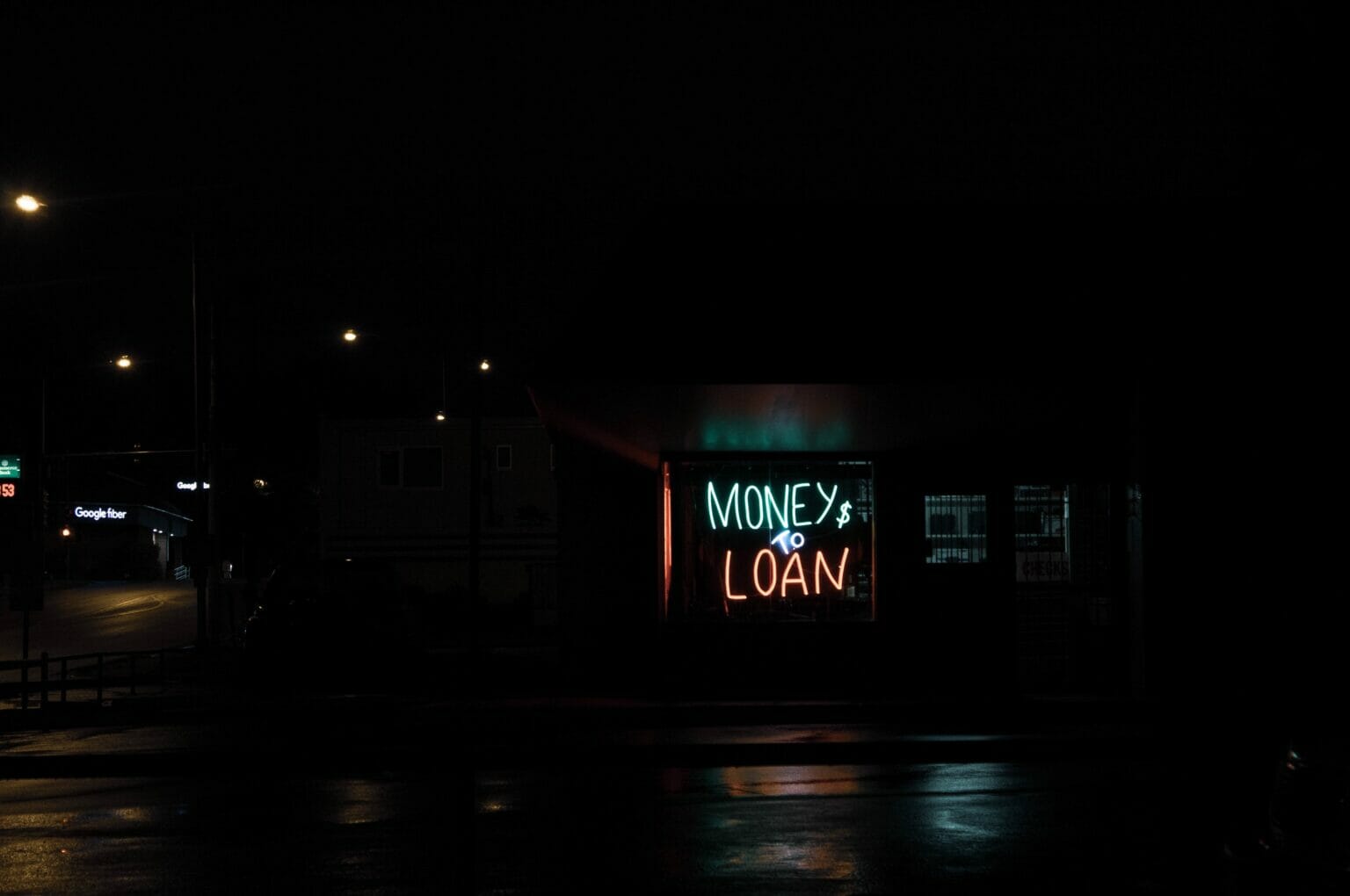For the US to escape a deep recession, this has to happen.
Economists have said for over a year that a recession is coming soon. Even though inflation has gone down, it’s still high, the job market is tight, and the Federal Reserve is probably getting ready to raise rates again.
But a full-fledged drop has yet to happen. Last year, we had two quarters with negative GDP, which is the technical meaning of a recession. However, the powers that be never officially said we were in a recession.
From where we stand now, the odds don’t look good. There is still a possible way for the US to move forward and avoid the worst-case situation.

The labour market is critical.
The numbers on the job market released on Friday gave the Fed more reason to tighten up on the economy. The jobless rate decreased from 3.7% to 3.6% in June, and 209,000 jobs were added.
Taylor Sohns, director of LifeGoal Investments, says that number needs to go down a lot more for the US to have the much-hyped “soft landing.”
“The more people are working, the more people are getting paid, and that means more people are spending and keeping inflation high,” he told me on the phone after the economic numbers came out on Friday. “The more the Fed raises interest rates, the less an employee can afford, so fewer jobs must be added every month.”
Andrew Patterson, a senior economist at Vanguard, told me that the labour market is the most crucial element in the Fed’s balancing act.
Even though June’s nonfarm job numbers were lower than expected, wage growth was higher than expected; this gives the Fed the information it needs to keep policy tight.
Patterson said that in order to prevent a recession, hiring and wage growth would have to slow down a lot faster than anyone currently thinks. This would then make inflation slow down faster than expected.
Patterson said, “That way, the Fed won’t have to push as hard on the economy.” He noted that Vanguard gives about a 10% chance that there won’t be a slump.
Spend less money, but not at the cost of growth.
A strong US shopper has helped keep the economy from decreasing last year. But Americans will likely start cutting back soon because their flu savings are running out, and their student loan payments are about to begin again; this makes the chance of a recession higher.
Sohns said there is a chance that spending will slow down enough for inflation to drop to the Fed’s goal range without hurting economic growth too much.
“But Americans are spenders,” he replied. “When we get paid, we spend money.”
Ultimately, the central bank has a 25% -30 % chance of reaching its 2% goal without causing a slump.
Sohns said, “If the Fed can pull this off, it will be a big deal.” “We’ve never brought inflation down from above 5% without a recession, so that would be a job well done by the Fed.”
So, what are markets doing while all this is going on? Most people who keep an eye on recessions have said that the stock market will drop sharply if it happens. However, a common phrase comes to mind: “The market is not the economy.”
Even though a slowdown in spending would be bad for consumer stocks, the market made it through what looked like it would be a crippling slump not too long ago. In 2021, when the coronavirus pandemic was at its worst, stocks had their best year ever; this was the first time in history that this didn’t match up with the economy.
Even though there’s no promise that markets will do as well in the next recession, some people are still hopeful that a downturn is still a long way off, and even if it does happen, it might not be the end of the world for investors.
“The Fed is likely to keep tightening, which will have a slowing effect,” Brad McMillan, CIO of Commonwealth Financial Network, wrote in a note on Friday. “Even with this problem, the news is still good, and a recession is probably a long way off, which should keep markets healthy.”
“In short,” he continued, “June was a good month, but July could be harder. Even if it is, things are still looking good overall.”
